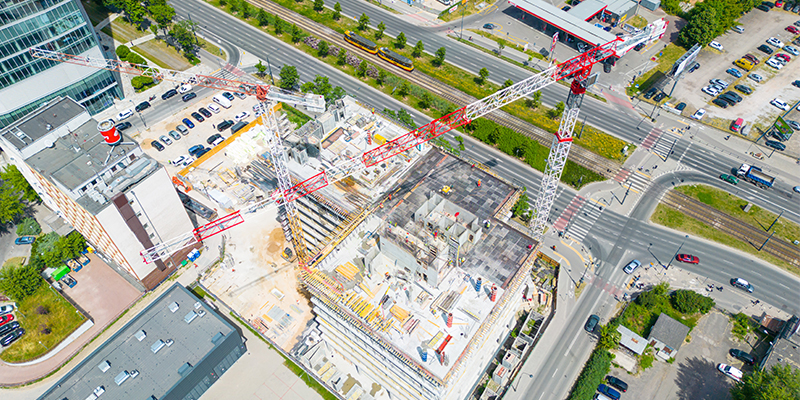
U.S. Real Estate Boom: Five Decades of Development Across Major Sectors
- December 3, 2024
U.S. cities have experienced massive expansion across all real estate sectors over the past 44 years, according to recent StorageCafe research that looked at residential and commercial construction activity between 1980 and 2023. Along with residential construction, industrial, office, retail and self-storage spaces have grown significantly, although the scale and pace of development differ among regions and asset types.













